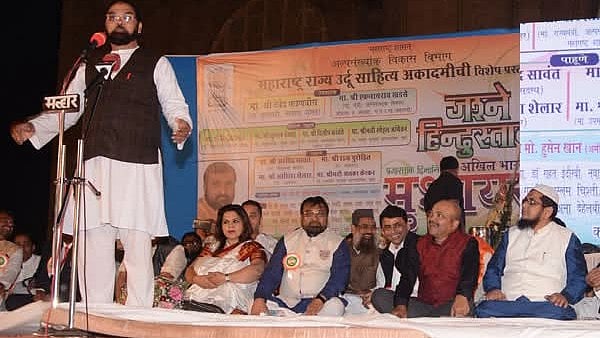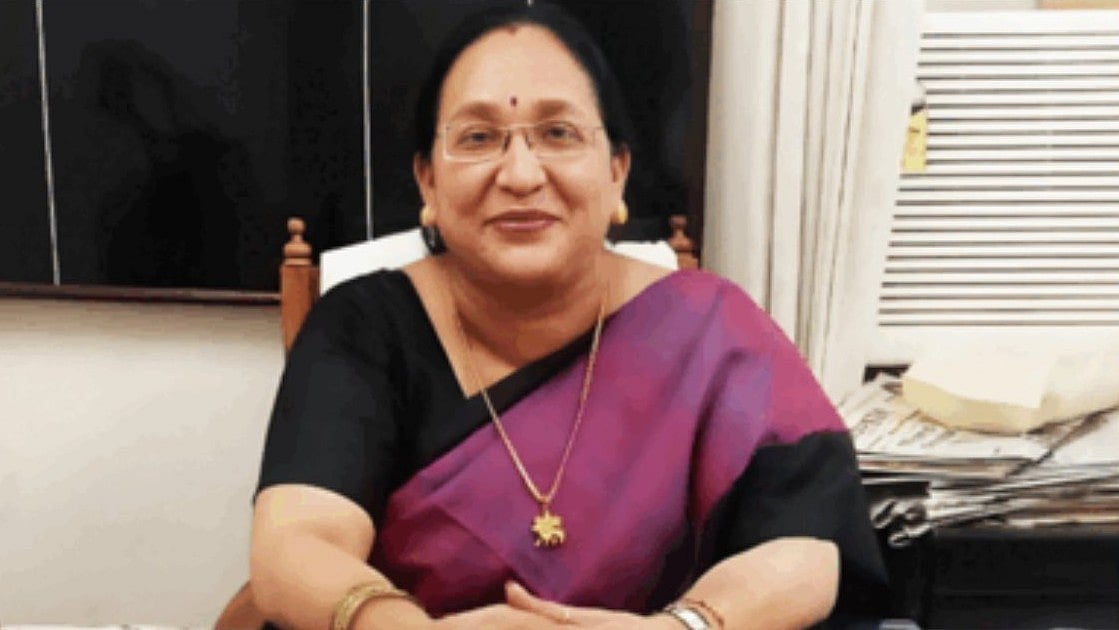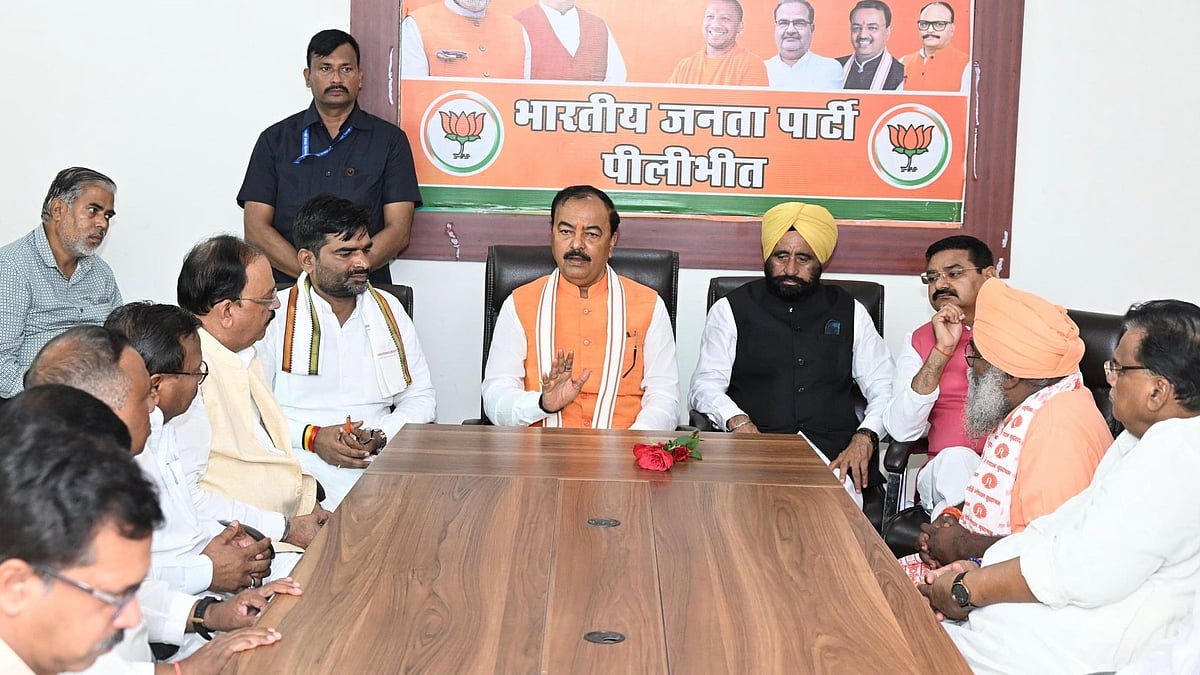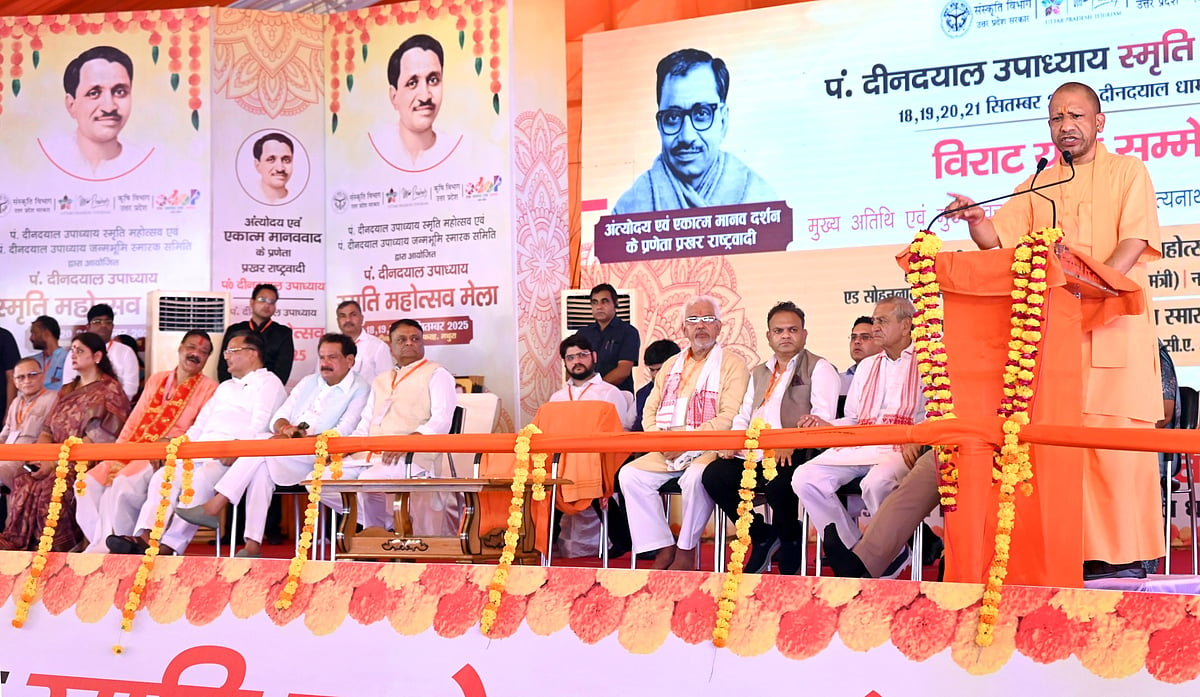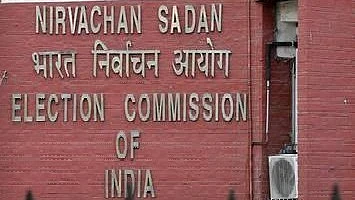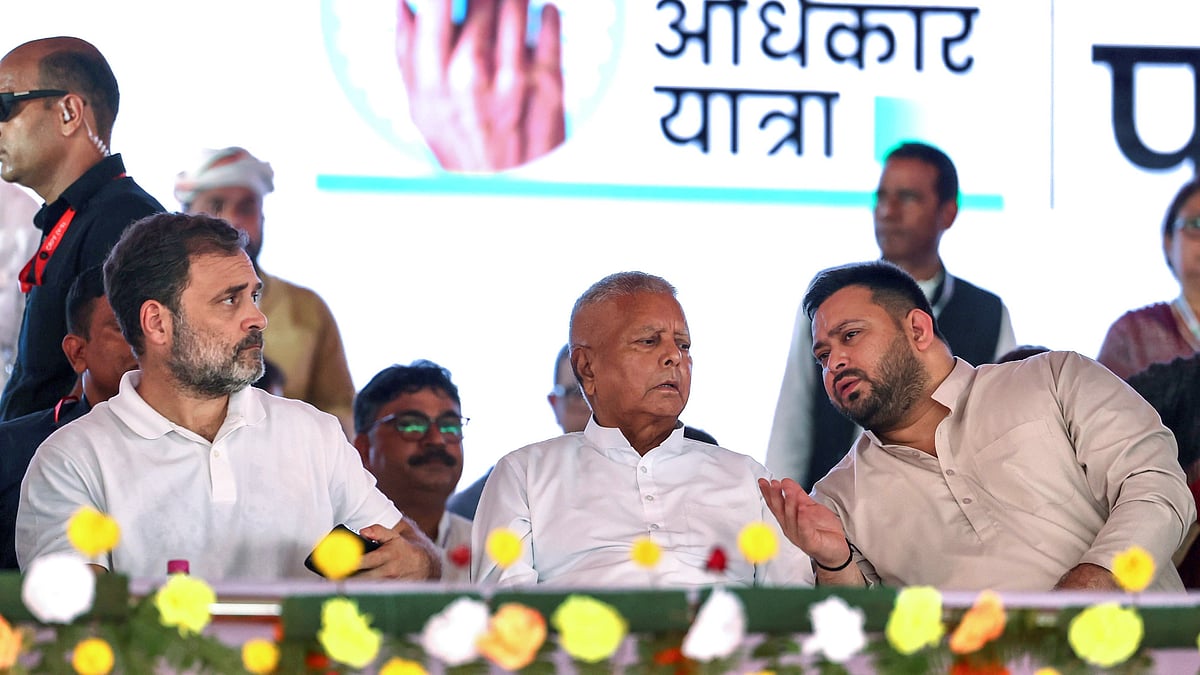New Delhi: Defence Minister Rajnath Singh on Thursday said that the talks with China have led to agreement on disengagement on the north and south banks of Pangong Lake and both countries will remove forward deployments in a phased, coordinated manner.
Singh's statement in Rajya Sabha came a day after the Chinese defence ministry said in Beijing that Indian and Chinese troops started "synchronised" disengagement at the south and north banks of Pangong Lake in eastern Ladakh.
"We are committed to maintaining a peaceful situation at the Line of Control. India has always emphasised on maintaining bilateral ties," Singh said in the Upper House.
Our security forces have proved that they are ready to face any challenge to protect the sovereignty of the country, he said.
"Our sustained talks with China have led to agreement on disengagement on the north and south banks of Pangong Lake. After this agreement, India-China will remove forward deployments in a phased, coordinated manner," the Defence Minister added.
"Many fraction areas are built near LAC in Eastern Ladakh. China has collected heavy force & arms and ammunition near LAC & in the nearby area on their side. Our forces have also adequate & effectively done counter deployment," he further said.
"We've begun talks over North-South bank of Pangong Lake. Some issues over deployment at LAC are yet to be resolved. Both sides agreed that complete disengagement to be done at the earliest," the Defence Minister said in his statement in Rajya Sabha.
"Since last year, we have maintained relationship with China on military and diplomatic levels. During the talks, we told China that we want solution of the issue based on three principles: First, both parties must agree on LAC and respect it. Secondly, there shouldn't be an attempt to change the status unilaterally, by any party. Thirdly, all the compromises should be completely agreed upon by both parties," he added.
Indian and Chinese armies are locked in a bitter standoff in eastern Ladakh for over nine months.
Earlier on on Wednesday, the government had said it will continue discussions with China to achieve the objective of disengagement of troops from all friction points and restoration of peace and tranquillity in eastern Ladakh at an early date.
The Chinese defence ministry has said that the frontline troops of China and India at the south and north banks of the Pangong Lake in eastern Ladakh started "synchronised and organised" disengagement from Wednesday.
The office of Defence Minister Rajnath Singh had then said that he would make a statement in the Rajya Sabha on Thursday on the situation in eastern Ladakh.
"The Chinese and Indian frontline troops at the southern and northern bank of the Pangong Tso Lake start synchronised and organised disengagement from February 10," spokesperson for the Chinese Ministry of National Defence Senior Colonel Wu Qian said in a brief statement in Beijing. The statement did not provide details.
"This move is in accordance with the consensus reached by both sides at the 9th round of China-India Corps Commander Level Meeting," it said.
Separately, a Chinese foreign ministry spokesman said the frontline troops of the Chinese and Indian militaries began to conduct simultaneous and planned disengagement in the Pangong Lake area on Wednesday as per consensus reached at a meeting of the foreign ministers of the two countries in Moscow in September and the ninth round of Corps commander-level talks.
"We hope the Indian side will work with China to meet each other halfway, strictly implement the consensus reached between the two sides and ensure the smooth implementation of the disengagement process," Wang Wenbin said in a statement.
"This move is in accordance with the consensus reached by both sides at the 9th round of China-India Corps Commander Level Meeting," the official added.
Both sides rushed a large number of battle tanks, armoured vehicles and heavy equipment to the treacherous and high-altitude areas of the region after tension escalated following a deadly clash in the Galwan Valley in June last.
Twenty Indian soldiers were killed in the fierce hand-to-hand combat on June 15 in Galwan Valley, an incident that marked the most serious military conflicts between the two sides in decades.
China is yet to disclose the number of its soldiers killed and injured in the clash though it officially admitted to have suffered casualties. According to an American intelligence report, the number of casualties on the Chinese side was 35.
At their ninth round of military talks, the Indian and Chinese armies agreed to push for an "early disengagement" of troops and resolved to continue "effective efforts" to stabilise and control the situation in eastern Ladakh.
Close to 100,000 Indian and Chinese troops are deployed in eastern Ladakh amid continuing diplomatic and military talks to find an amicable solution to the standoff.
(With PTI inputs)



